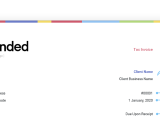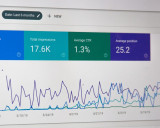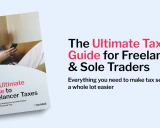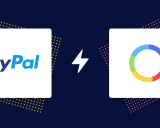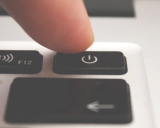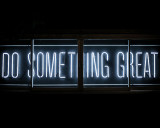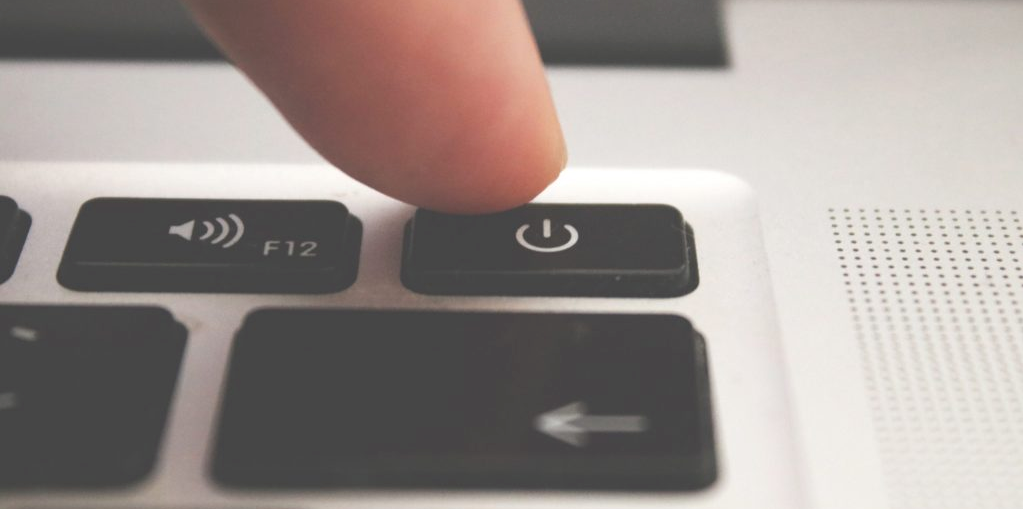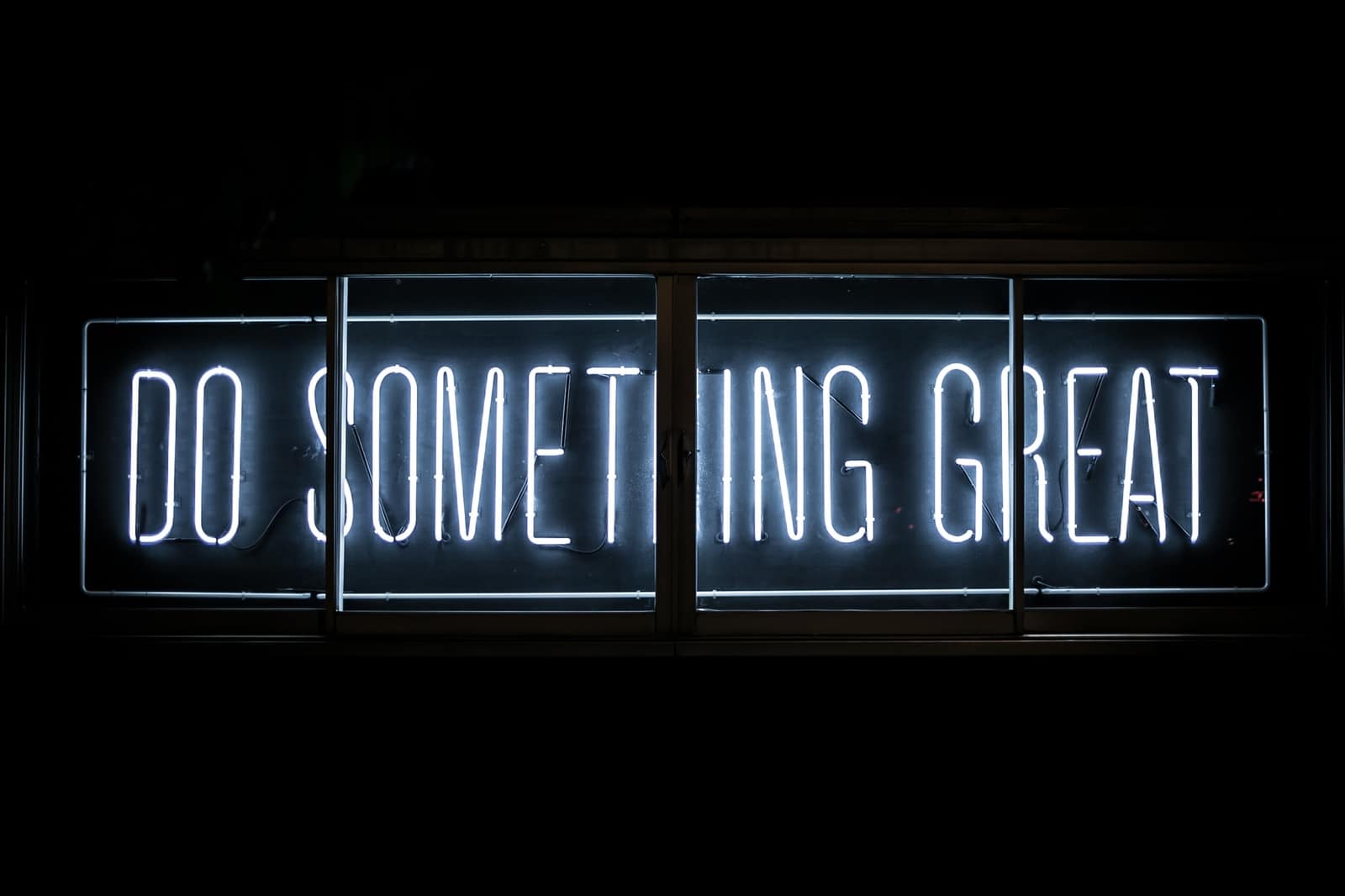
Customer Spotlight - How to become a freelance editor with Lauren Finger
Experienced book editor Lauren Finger shares her journey including life as a freelance editor, how to get started, and how to grow your business.
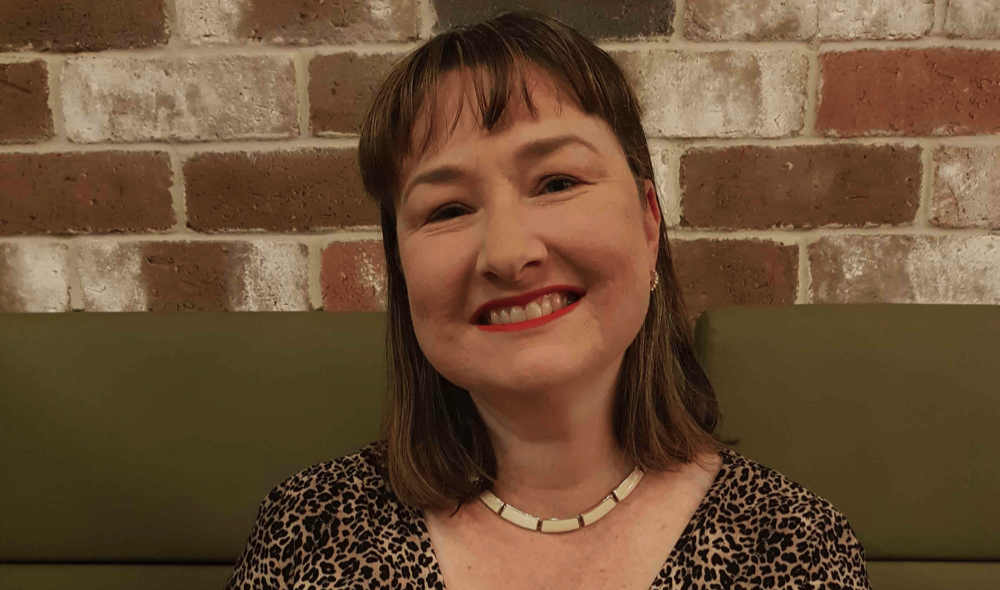
We’re sitting down with experienced freelancers in the Rounded community to share their stories and the lessons they’ve learned along the way.
This month, we caught up with Lauren Finger, an experienced book editor who has been working for herself for the last five years.
Lauren walks us through:
How she built her freelance business
The challenges she faced along the way
Why it’s better to focus on improving your business one step at a time, rather than do all the things at once
How Rounded has helped Lauren grow her business
How AI will affect the future of freelance editing
Her #1 tip for aspiring freelance editors
Let’s dive in!
Tell us a bit about yourself.
I'm a book editor living on the beautiful Central Coast. I've been running my own business for about five and a half years now, but before that I worked in publishing in-house for over two decades.
What inspired you to start your freelance business?
In my last job, I worked for a great company in London that was flexible and staff-friendly. My experiences working at other publishers had not been like that.
When my family and I moved back to Australia, I didn’t want to go back to an office environment. I hated having to sit through all those meetings and beg for time off to pick up the kids from school. Everything moves slower in a big company and is really inflexible.
At that point, I'd been editing books for a long time, and I was good at it. So I decided to try working for myself. Five years later, I’m still at it!
What was it like going from a traditional publisher to working for yourself?
I knew it was the right thing for me straight away. Being able to choose the hours I work is a big advantage, and it has given me a lot more time with my family.
That said, it's very full-on when you first start. You worry about where work is going to come from and whether you're going to keep getting it.
I definitely still have some time boundary issues. I think there's a flip side to everything that's great about freelancing. The flexibility is great, but you can also make your day very long.
It was hard getting a handle on how much work I could actually do in a day or a week – and whether it was healthy to do that amount of work.
There was also the matter of pricing my services so I could make a living, but still attract clients. It was quite scary to be the one who had to make all the decisions and market myself, which I've never done before and isn’t my natural wheelhouse.
Were there any strategies you used to help make the transition smoother?
Each year, I've focused on one thing to work on, which has helped me avoid being overwhelmed.
For example, in my first year, I looked at my working hours and hourly rate. I realised I wasn’t making enough money based on how much work I was doing, so I prioritised learning how to price my services so I could actually earn enough to pay my bills.
Last year, I was pushing to up my earnings, so I made sure I was being stricter about what kind of jobs I took on and saying no to clients that didn’t fit.
To ensure I’m making progress, I spend a bit of time once a month reviewing how things have gone, how I've felt in general and what else has happened that's affected my business. Even though I don’t spend much time planning throughout the year, I constantly remind myself of what I’m trying to focus on.
What made you decide to focus on one thing each year?
I'm very good at trying to do all the things all the time, like a lot of women and a lot of mothers.
It's often my downfall because it means nothing gets done. So rather than trying to improve everything at once, it's nice to have something to focus on, and it also means it's much more achievable.
When I first started my business, a friend who had been freelancing for a long time told me, “You know, it often feels like you're taking one step forward and five steps back. But you just have to keep building.”
It feels less like that now after five years, but I’m always experimenting, trying different things, and working out what I can do better next year.
What does a typical day look like as a freelance editor?
It depends on what I'm working on!
My mornings are taken up by kids and school runs. I start work at about 10 am and tend to do adminy things first because then I feel like I've achieved something.
Editing is quite an intense job – you don't edit eight hours a day or you explode. I try to get four or five hours in, which is still a lot. I don't always succeed, but when I schedule my work, that's what I try to aim for.
I find my day stops after school, but I often end up doing work in the evening. I'm working on that this year, trying not to do that so much.
Would you say most of your clients are publishers or do you get a lot of independent writers?
I aim for about 50/50, but it's probably more like 70% publishers and 30% writers.
I enjoy working with independent authors – it's more financially rewarding, but I also find it more intellectually rewarding. Many of the writers who come to me are working on their first book, and I enjoy mentoring them.
What's great about running your own business is that if you don't hook yourself up to a big client, you can work with lots and lots of different people. I really enjoy that variety.
.jpeg)
What’s the biggest challenge you’ve encountered in building your freelance editing business?
When I first started, the biggest challenge was ensuring I would make enough money to pay the bills and take care of the family.
Now, I would say it’s the isolation. Personally, I am an introvert and like having a lot of time to myself – although I’m a mother, so I never really get time to myself.
But I do sometimes miss having colleagues, so I go to a co-working space once a week as a social outing. I get out of my leggings, have a nice coffee and a chat.
The other thing is finding that balance between work and personal life and keeping things from meshing into this one very busy day. Unless you’re a very disciplined person, it’s very hard to not have overlap, and I still struggle with that.
You seem like a very analytical person. Did you have any struggles with your financial admin?
I personally found it manageable and was a bit more on top of it than I think many other freelance editors are.
When I heard about Rounded, I didn’t think I needed it. I had a tax accountant, kept track of everything, and felt confident with my finances.
But when I tried Rounded, I realised just how much time I was spending on all that stuff and how fast I could do it now. And I love the graphs on the dashboard – they’re not something I would spend time creating myself, but I find the visuals very helpful.
Overall, I loved that it was all so integrated. I could make an invoice, send it off, and know that it all balances and I didn't have to do that myself. I didn't have to work out foreign exchange rates and things like that because I work with a lot of overseas clients.
Anyone who runs their own business has got to be on top of all this stuff. Even if they don't make a lot of money, it's really important, and it's just so much easier when they know exactly what's going on.
I don't even use all the automated features. I don't get Rounded to email my invoices, I still just send them with an email I do myself. But it’s just so helpful.
So now, whenever I talk to freelance or solo business friends, I always say “Why are you still using Excel? You'll save yourself a couple of hours a week or more with Rounded.”
Do you think AI will have an impact on the editing industry?
I have no doubt that editing as a profession will be affected. There are already programs out there that tell you they can edit something, and publishers are already using AI to do certain tasks like translating.
But I work on fiction, so that makes me a bit more removed from it. Anyone who works in academia, technical writing, or business writing will see it more – both from getting material written by AI and programs that will be able to lay everything out without thinking.
Overall though, editing has a creative side, and the fact that it involves a lot of emotional intelligence means it won't be able to be completely replaced.
There’s also another aspect to consider: how editors can use AI to make our jobs easier.
For example, before I start editing, I use proofreading software called PerfectIt to flag errors. It helps save me some time and catch things I might not otherwise see. It doesn’t use AI, but I know they’re working on programs that will.
I think these things can be tools as well as enemies. We've just got to work out how we can use them and show people how a professional using AI is more effective than doing it themselves.
If you could give someone one piece of advice on building a successful freelance editing business, what would that be?
Find something to specialise in.
When they first start, most people are very keen to be generalists and say “I can do anything.” But the best way to market yourself and grow your business is to have something that you specialise in.
I only do Commercial Fiction. It's still pretty broad, but it allows me to stick to what I’m good at and get my name out there. It’s also the genre I enjoy most, meaning the work is much more rewarding.
Rather than saying you’ll do anything people ask you to, my advice would be to find your thing. Do one thing, and do it really well.
Check out more from Lauren Finger
Want to chat with Lauren about her freelance career or get some expert editing help?
Website: https://laurenfinger.com/
Instagram: https://www.instagram.com/fictioneditor/
LinkedIn: https://www.linkedin.com/in/lauren-finger-64590731/
Thanks again to Lauren for sharing your journey and advice with us!
Want to be featured in our next Customer Spotlight? Apply here.
Join newsletter
ABOUT ROUNDED
Invoicing and accounting software for sole traders. Get paid faster and relax at tax time.
